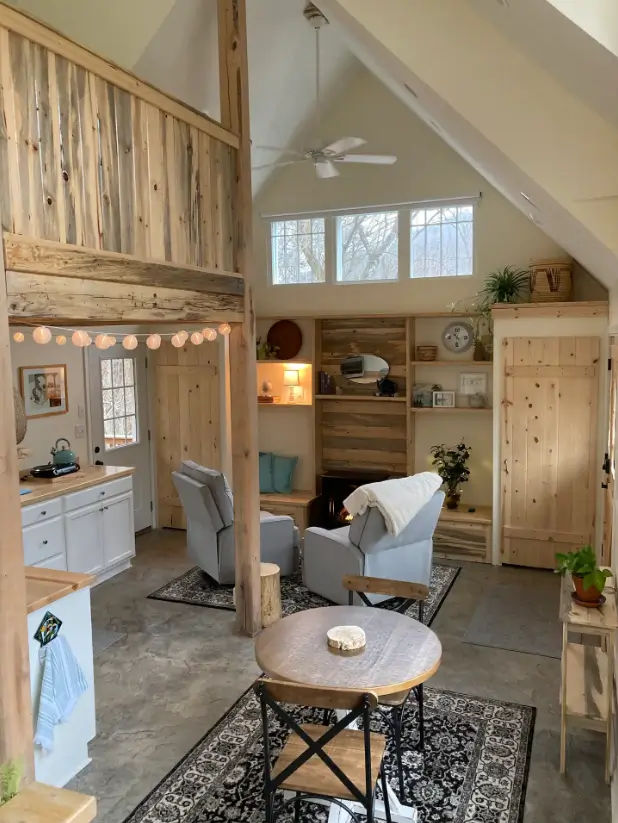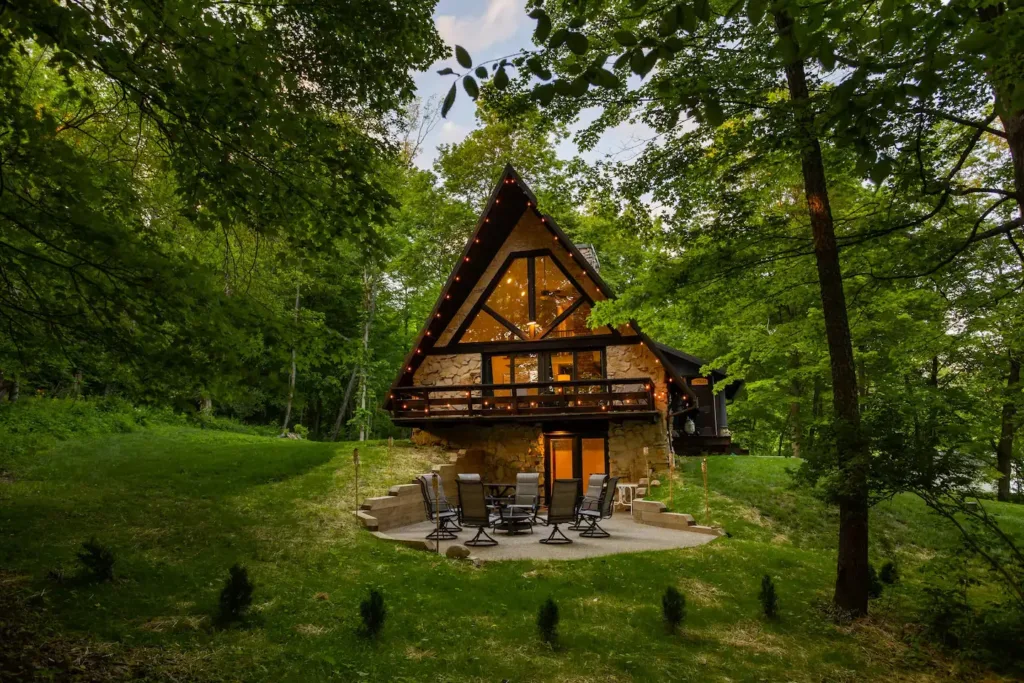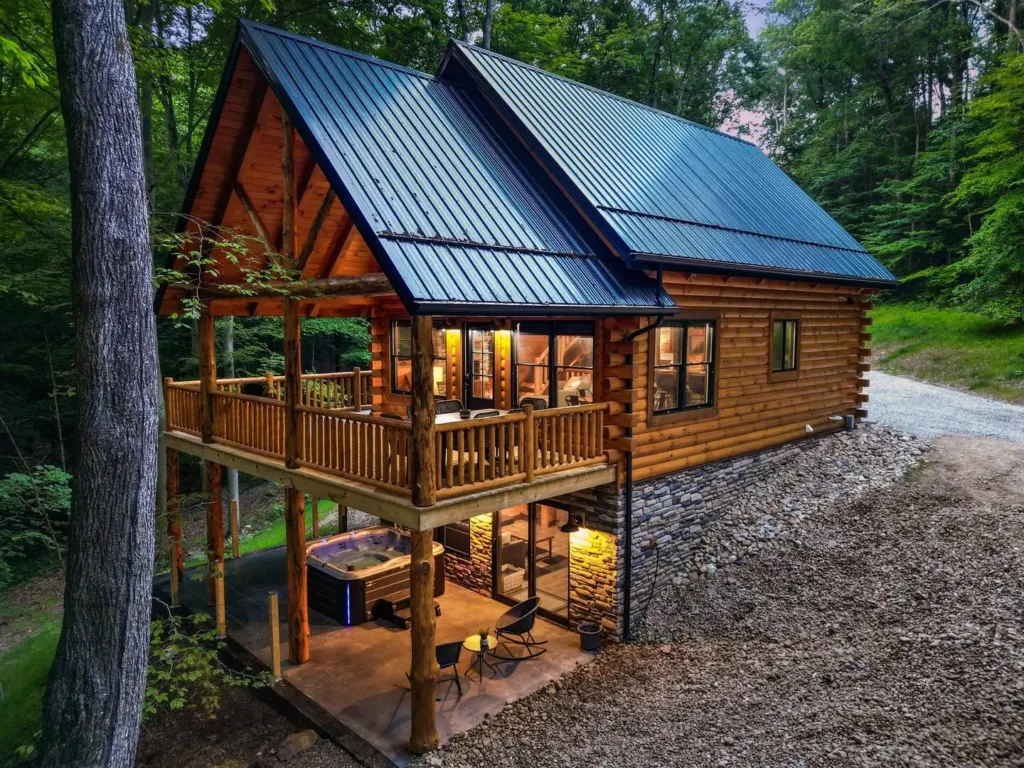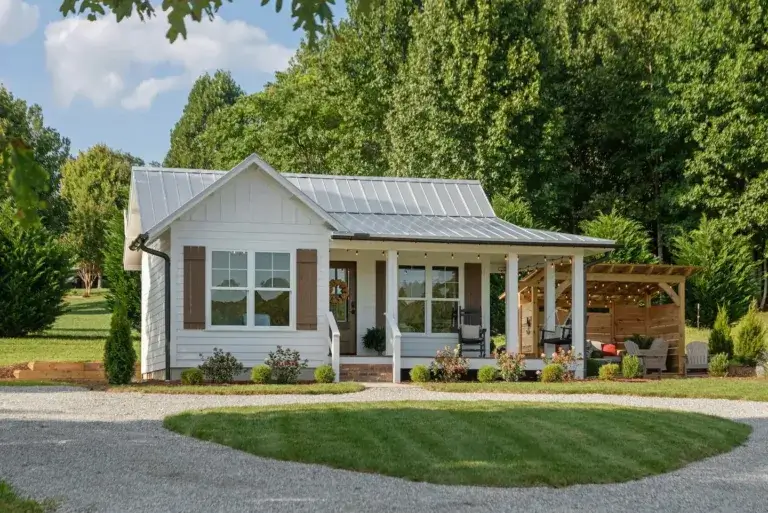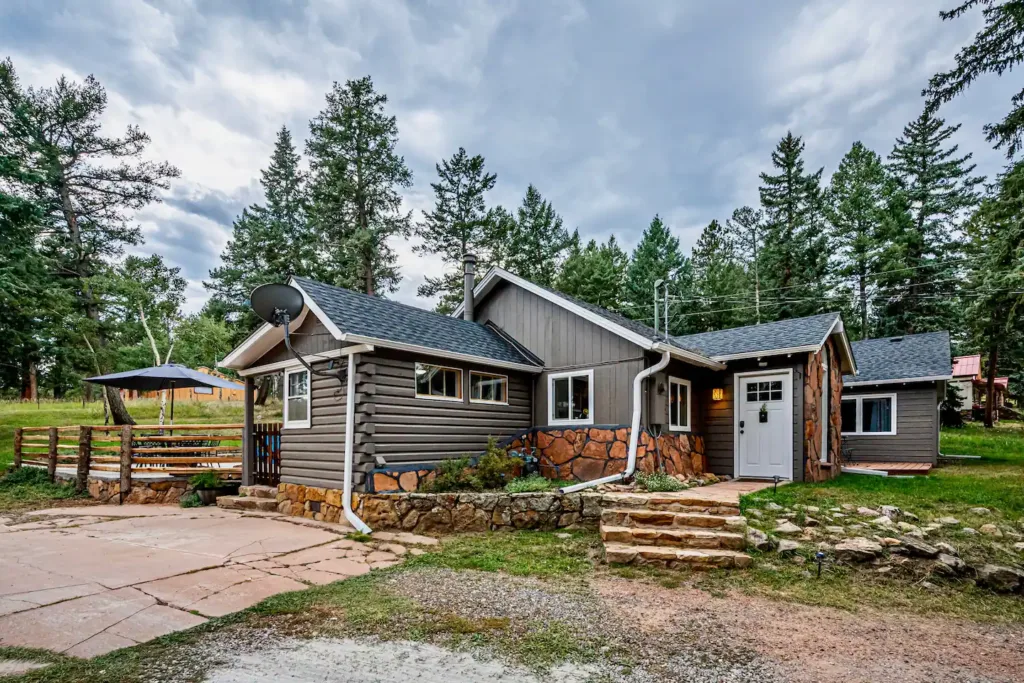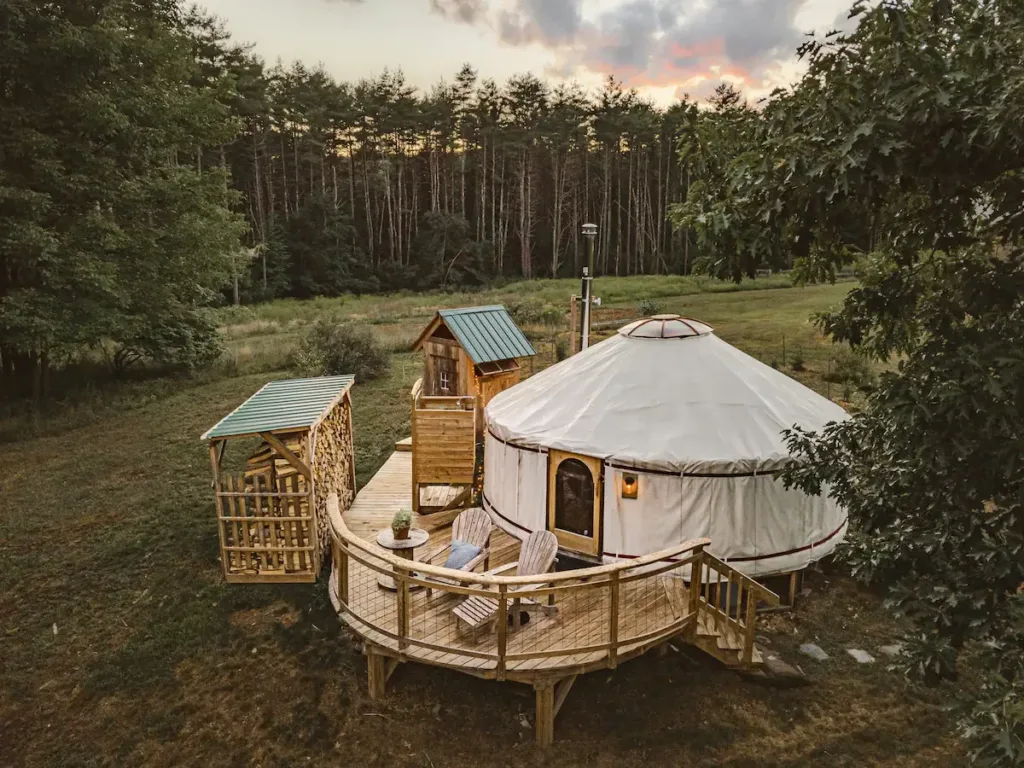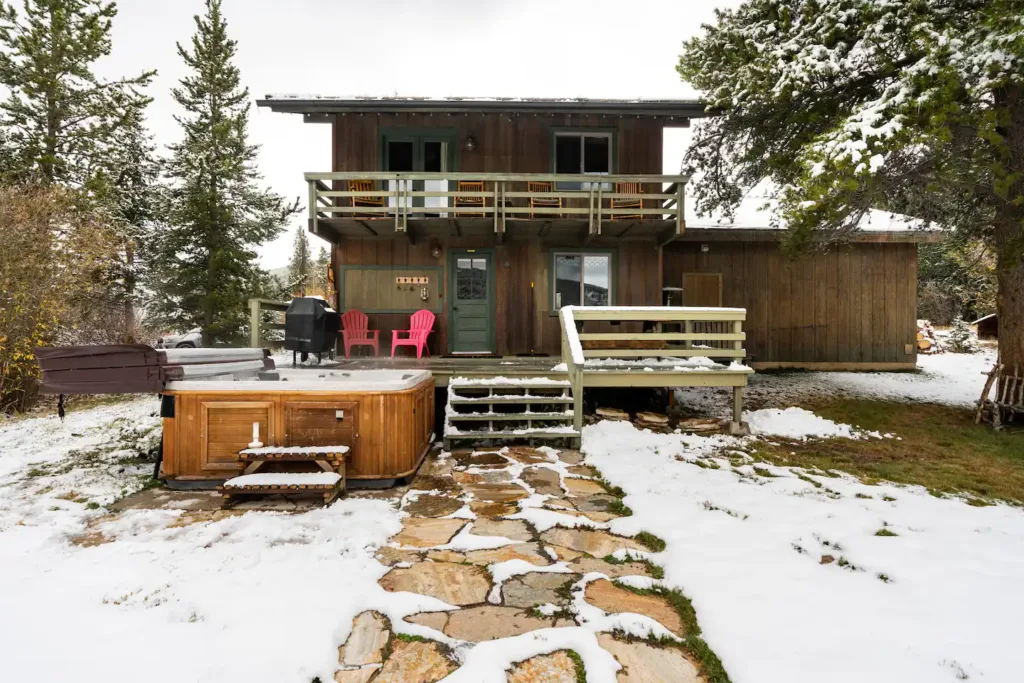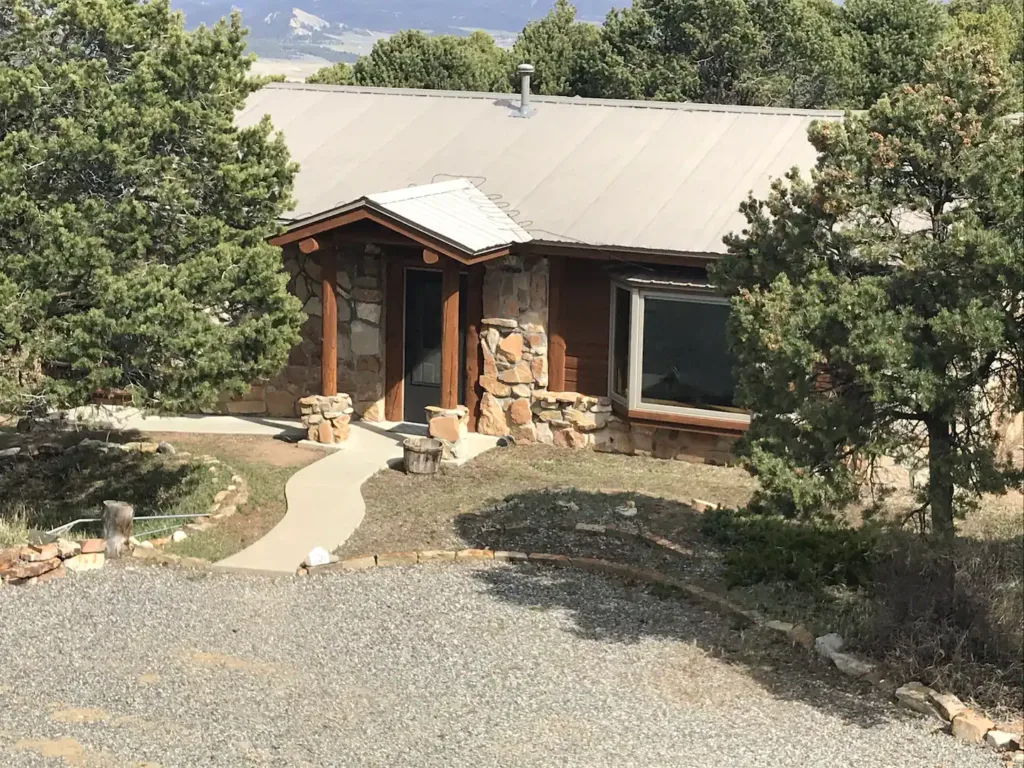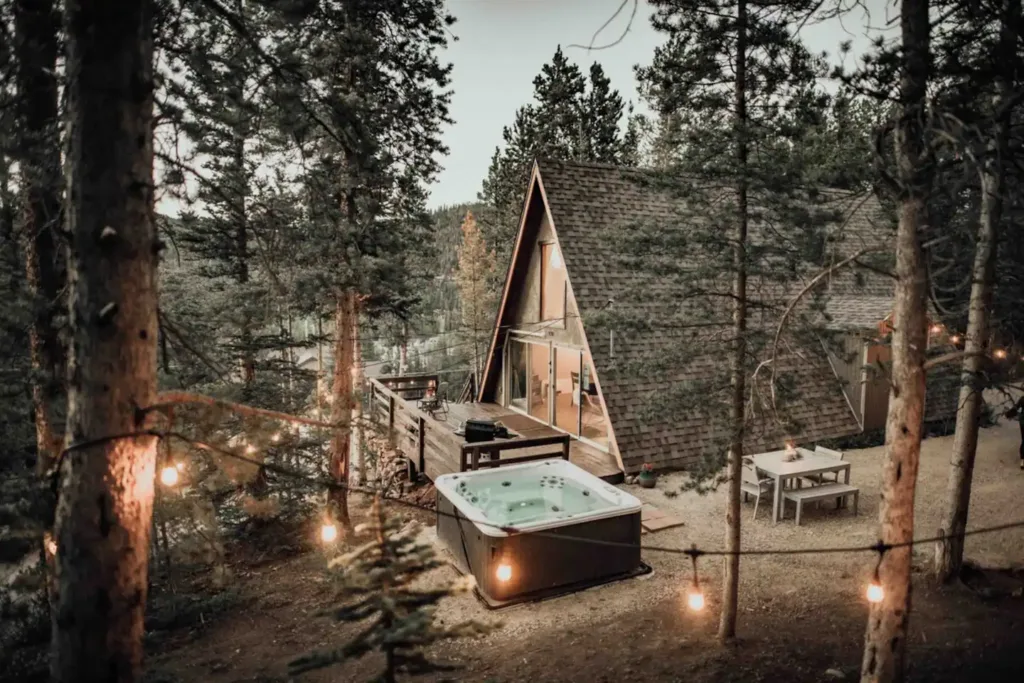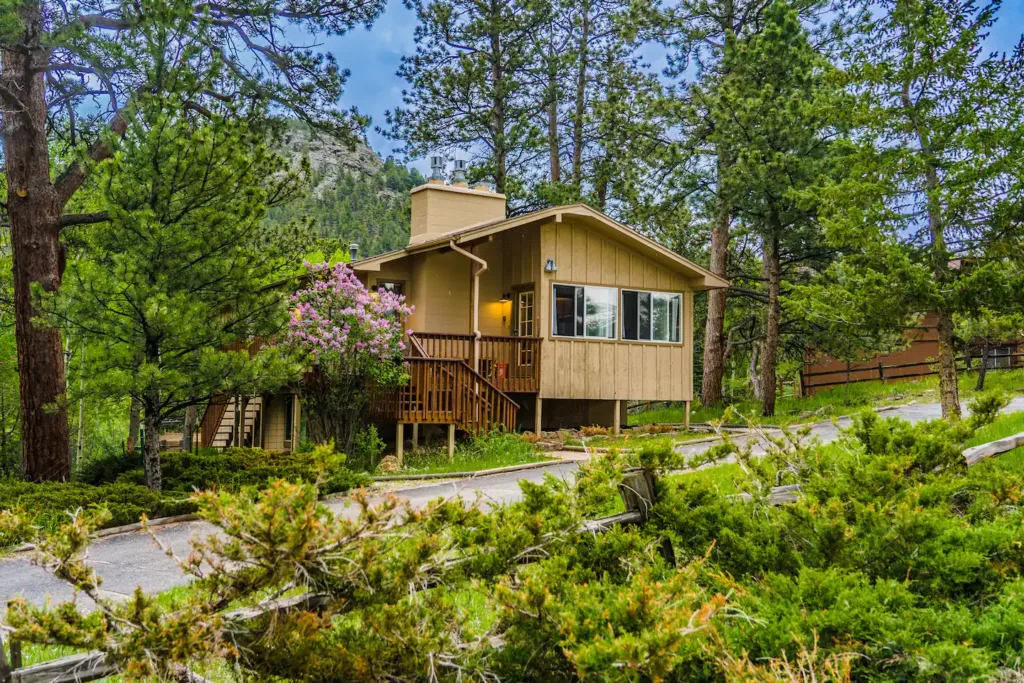That damp, earthy odor that greets you when you step into your cabin? That’s the dreaded musty smell. It’s a common problem, especially in spaces that are closed up for a while or located in humid areas.
What Causes It?
Musty smells are usually caused by:
- Mildew: A thin, white or grayish growth that thrives in damp conditions.
- Mold: A more serious issue than mildew, mold can be black, green, or other colors, and it can cause health problems.
- Dampness: Even without visible mold or mildew, trapped moisture in carpets, wood, or fabrics can create that telltale musty odor.
Why Should You Care?
Besides being unpleasant, musty smells can be harmful to your health, especially for people with allergies or respiratory problems. Mold, in particular, can trigger asthma attacks and other issues. Plus, who wants to relax in a space that smells like a wet basement?
The Good News
Getting rid of musty smells is easier than you think! With a few simple steps and some natural solutions, you can freshen up your cabin and make it a welcoming retreat once again. So, don’t let that musty smell ruin your getaway – let’s get rid of it together!
Understanding the Musty Smell Problem
Pinpointing the source of that musty smell is key to getting rid of it for good. Let’s take a closer look at the usual suspects and the factors that exacerbate the issue.
Common Hiding Spots for Musty Smells
- Carpets: They readily absorb moisture, making them a prime breeding ground for mildew and mold.
- Furniture: Upholstered furniture, especially if it’s been exposed to spills or dampness, can harbor musty smells.
- Walls: Leaks, condensation, or even high humidity can lead to mildew growth on walls, especially in bathrooms and kitchens.
- Ventilation: Poor ventilation traps moisture inside, creating the perfect environment for musty smells to thrive.
Finding the Source of the Smell
Look for telltale signs of moisture, such as:
- Visible mold or mildew growth
- Water stains on walls, ceilings, or floors
- Dampness or condensation on windows
- A damp or musty feeling in the air
What Makes Musty Smells Worse?
Several factors can intensify that musty odor:
- Lack of airflow: Closed windows and doors trap moisture and prevent the air from circulating, making the smell linger.
- High humidity: Warm, moist air fuels mold and mildew growth, making the problem worse.
- Infrequent cleaning: Dust and dirt can trap moisture and create a breeding ground for mold and mildew.
By identifying the source of the musty smell and addressing the factors that contribute to it, you’ll be well on your way to a fresher, healthier cabin.
Taking Action: Banish Musty Cabin Smells for Good
Now that you understand the problem, let’s roll up our sleeves and get to work freshening up your cabin. Here’s your step-by-step guide to eliminating that musty odor:
- Air It Out:
- Open windows and doors wide: Let fresh air circulate through your cabin whenever the weather allows.
- Use fans: Place fans strategically to help move the air and speed up the drying process.
- Clean and Dry Everything:
- Wash linens and fabrics: Launder all bedding, towels, curtains, and any other washable fabrics. Add a cup of white vinegar to the rinse cycle to help eliminate odors.
- Clean hard surfaces: Wipe down walls, floors, countertops, and other hard surfaces with a solution of equal parts water and white vinegar. You can also use a baking soda paste for tougher stains or grime.
- Steam clean carpets and upholstery: If possible, rent or borrow a steam cleaner to deep clean carpets and upholstered furniture. Alternatively, use a carpet cleaning machine with a deodorizing solution.
- Dry everything thoroughly: Ensure all surfaces, fabrics, and carpets are completely dry before closing up the cabin. Consider using a dehumidifier to speed up the drying process and remove excess moisture from the air.
- Use Natural Deodorizers:
- Baking soda: Place open containers of baking soda in strategic locations to absorb odors. You can also sprinkle baking soda on carpets before vacuuming.
- Activated charcoal: Similar to baking soda, activated charcoal is excellent at absorbing odors. Place small bags or bowls of activated charcoal around the cabin.
- White vinegar: Fill a spray bottle with a solution of equal parts water and white vinegar. Spritz this natural deodorizer in the air and on surfaces to neutralize odors.
- Essential oils: Diffuse your favorite essential oils to add a fresh, natural scent to your cabin. Lavender, lemon, and peppermint are all great options.
- Tackle the Root of the Problem:
- Fix leaks and moisture sources: Repair any leaks in the roof, walls, or plumbing. Ensure proper drainage around the cabin to prevent water from pooling.
- Invest in a dehumidifier: If you live in a humid climate or your cabin tends to get damp, a dehumidifier is a must-have. It will help remove excess moisture from the air, preventing mold and mildew growth.
- Use moisture absorbers: Place moisture-absorbing products in closets, under sinks, or other areas prone to dampness.
By following these steps, you can effectively eliminate musty smells from your cabin and create a fresh, inviting atmosphere for your next getaway.
Preventing Future Musty Smells: Keep Your Cabin Fresh
Now that your cabin is smelling fresh and clean, let’s make sure it stays that way! A few simple habits can go a long way in preventing that musty odor from returning.
- Air out the cabin regularly: Even if you’re not using the cabin, open windows and doors for a few hours each week to let fresh air circulate. If you can’t be there in person, consider installing a programmable thermostat to control the temperature and ventilation remotely.
- Use moisture absorbers and dehumidifiers: These are especially important during the off-season or in humid climates. Place moisture absorbers in closets, under sinks, and other areas prone to dampness. Run a dehumidifier to maintain optimal humidity levels in the cabin.
- Keep humidity levels in check: Aim for a relative humidity level between 30% and 50%. You can monitor humidity with a hygrometer, available at most hardware stores.
- Clean regularly: Establish a cleaning routine for your cabin, focusing on areas prone to moisture, such as bathrooms, kitchens, and basements. Wipe down surfaces, vacuum carpets, and launder linens regularly to prevent the buildup of mold and mildew.
Bonus Tips for a Musty Smell-Free Cabin
- Deep cleaning for stubborn smells: If you’re dealing with persistent musty odors, consider a deep cleaning using vinegar and baking soda solutions. You can create a paste with baking soda and water to scrub surfaces, or use a vinegar solution to wipe down walls and floors.
- Ozone generators: For severe cases of musty smells, you can use an ozone generator to eliminate odors and kill mold spores. However, use ozone generators with caution, as they can be harmful if not used properly.
- When to call a professional: If you suspect significant mold growth or can’t seem to get rid of the musty smell on your own, don’t hesitate to call a professional mold remediation specialist. They have the expertise and equipment to safely and effectively remove mold and prevent it from returning.
By following these preventative measures and incorporating these bonus tips, you can ensure your cabin remains a fresh, inviting haven for years to come.
FAQs: Your Musty Cabin Smell Questions Answered
- Why does my cabin smell musty even after cleaning?
- The smell might be lingering in hidden areas like inside walls, under floorboards, or in the ventilation system. It’s also possible that the source of moisture hasn’t been completely eliminated.
- Is it safe to use vinegar and baking soda around pets and children?
- Yes, both vinegar and baking soda are generally safe to use around pets and children. However, it’s always a good idea to keep them out of reach of small children and to avoid spraying vinegar directly on pets.
- Can I use bleach to get rid of musty smells?
- While bleach can kill mold, it doesn’t eliminate the musty odor. It can also be harmful to surfaces and fabrics. Stick to natural deodorizers like vinegar and baking soda for a safer and more effective solution.

